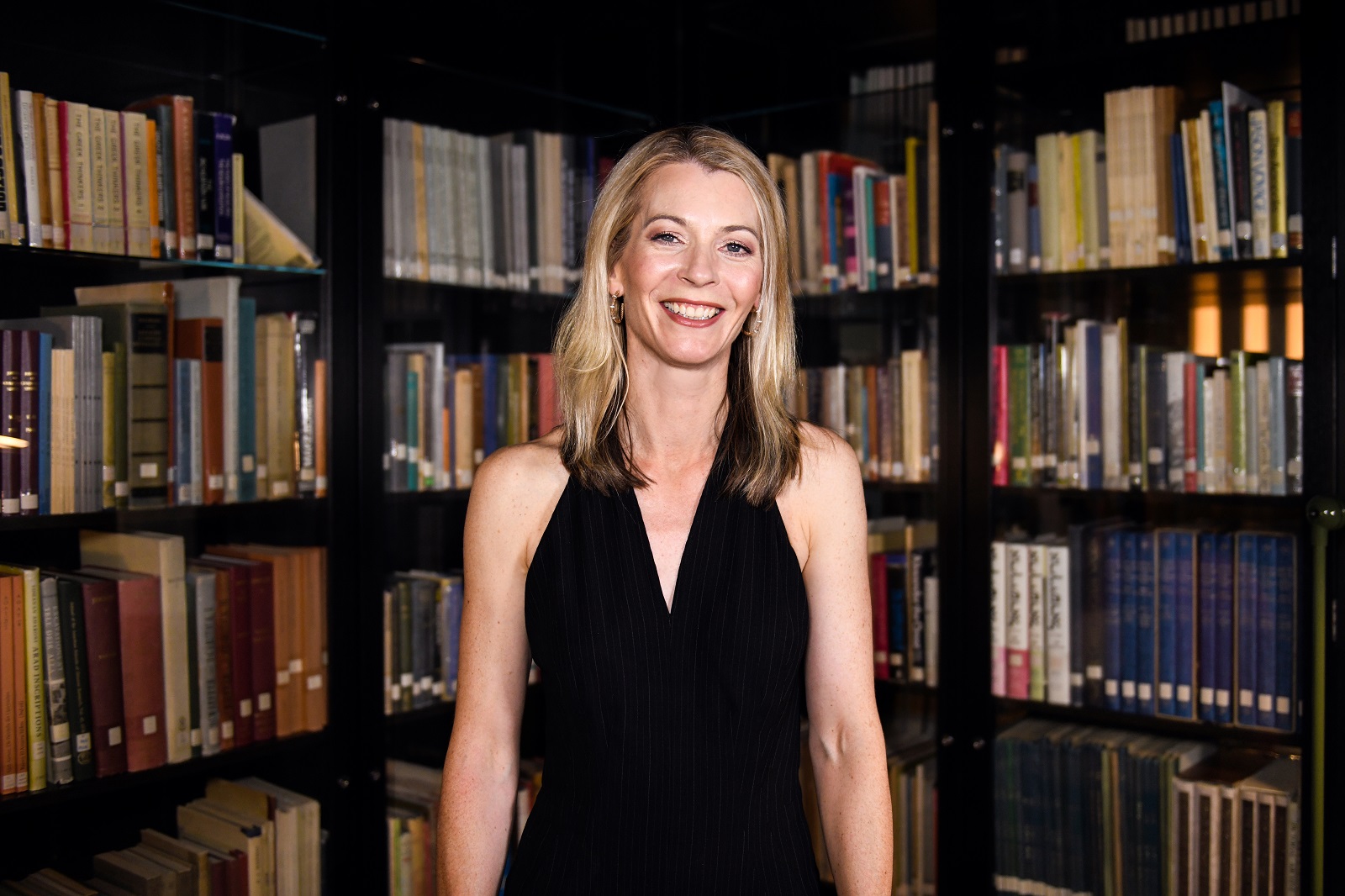Meet Anneliese Gill, PhD candidate in Music Psychology and Performance Science

Third-year PhD candidate at the Melbourne Conservatorium Annaliese Gill would like to create a resource to help music students and their teachers develop complementary psychological performance skills.
– As told to Mireille Stahle
My current research involves the development and assessment of an online performance skills curriculum for music students and teachers. It’s a teacher-guided program that aims to develop confidence, performance skills and enhance performance preparation across six key areas: confidence, focus, performance simulation, imagery, pre-performance routines, and music performance anxiety.
The people who can deal with the most adverse circumstances and still pursue their dreams are the ones who inspire me most. My mother was diagnosed with Parkinson’s disease when she was just 44 years old. She never allowed it to interfere with what she loved and rarely let it get her down. Even though she ended up quite debilitated, she was still teaching 20 years later.
Pursuing a career in music is incredibly rewarding but is not without its challenges. You need to really love what you do and have a strong belief in yourself and what you’re trying to achieve.
I pursued a career in this field ultimately to help other performers. I enjoyed performing a lot when I was at school but the problems set in as VCE approached and I became more serious about pursuing a career in music. I went through two performance-based music degrees without any support. I found it frustrating that we weren’t taught any psychological performance skills to complement the technical musical skills and, unfortunately, those skills don’t just develop in the classroom.
I’d like to develop a resource for teachers and students that will enable or encourage the long-term development of performance skills. It’s critical that students are taught the psychological performance or coping skills that will enable them to deal with the challenges they’ll inevitably face as they pursue their music studies.
PhD work involves a lot of self-directed research and writing, and that means you become really attached to your computer – but as a pianist I’m pretty used to hours alone in a practice room, so it’s just an extension of that. The biggest challenge is finding a work-life balance and spending quality time with my family, but I really enjoy having the opportunity to expand my knowledge and skills in a stimulating environment.
I have solved a lot of problems in relation to my study and research by pounding the floorboards. I find exercise relaxing and empowering. I do a mixture of dance cardio and strengthening and toning with light weights around six days a week. The dance cardio is so routine and repetitive that it’s very meditative and often a great time for creative inspiration.
At the Conservatorium I’m constantly being challenged to expand my knowledge and skills. I’ve also been fortunate to have had the opportunity to broaden the breadth of my academic experience through lecturing and tutoring.